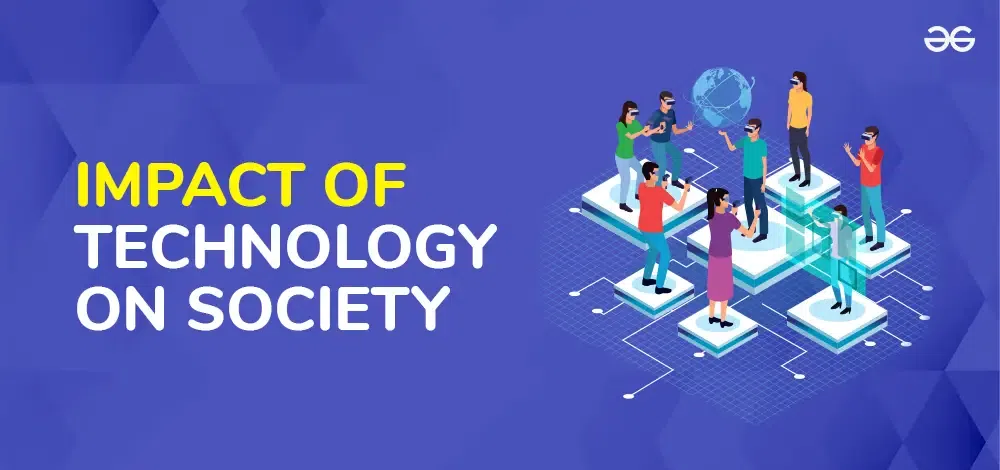In today’s modern world, technology plays a pivotal role in shaping almost every aspect of our lives. From communication to healthcare, transportation to entertainment, technology has revolutionized the way we live, work, and interact with the world around us. In this article, we will delve into the profound impact of technology on society, exploring its historical evolution, different types, everyday applications, advantages, challenges, future trends, and more.
I. Introduction to Technology
Technology, in its broadest sense, refers to the application of scientific knowledge for practical purposes. It encompasses a wide range of tools, systems, and methods used to solve problems, accomplish tasks, and improve efficiency. The rapid advancement of technology has transformed the world into a global village, connecting people and ideas like never before.
II. Historical Evolution of Technology
The history of technology dates back to ancient civilizations, where early humans invented simple tools to aid in hunting, farming, and shelter-building. Over time, technological innovations such as the wheel, agriculture, and the printing press revolutionized human society, paving the way for further advancements in science and technology.
In the modern era, the Industrial Revolution marked a significant turning point in technological progress, leading to the mechanization of production processes and the rise of factories. The 20th century witnessed unprecedented technological breakthroughs, including the invention of electricity, the telephone, the automobile, and the internet, which transformed the way people live and work.
III. Types of Technology
Technology can be categorized into various types based on its application and function. Information technology (IT) encompasses computers, software, and telecommunications systems used for storing, retrieving, and transmitting data. Biomedical technology focuses on advancements in healthcare, including medical devices, diagnostic tools, and pharmaceuticals.
Other types of technology include transportation technology, environmental technology, energy technology, and more. Each type plays a crucial role in shaping different aspects of society and improving the quality of life for people around the world.
IV. Role of Technology in Everyday Life
In today’s digital age, technology has become an integral part of everyday life, influencing how we communicate, learn, work, and entertain ourselves. Smartphones, computers, and the internet have revolutionized communication, allowing people to connect with others across the globe instantly.
Furthermore, technology has transformed the way we access information, with online platforms providing a wealth of knowledge at our fingertips. In the workplace, automation and digital tools have increased productivity and efficiency, streamlining tasks and processes.
V. Advantages of Technology
The widespread adoption of technology has brought about numerous benefits to society. One of the most significant advantages is increased convenience and accessibility. With smartphones and the internet, people can perform tasks such as shopping, banking, and booking travel from the comfort of their homes.
Moreover, technology has revolutionized healthcare, leading to advancements in medical treatments, diagnostic tools, and preventive care. Telemedicine, for example, allows patients to consult with healthcare providers remotely, improving access to medical services, especially in rural areas.
VI. Challenges and Concerns Associated with Technology
Despite its many benefits, technology also poses several challenges and concerns for society. One of the most pressing issues is the digital divide, which refers to the gap between those who have access to technology and those who do not. This divide can exacerbate existing inequalities and hinder socio-economic development.
Additionally, the widespread use of technology raises concerns about privacy and data security. As more personal information is stored and transmitted online, there is an increased risk of data breaches and cyberattacks. Furthermore, the rise of automation and artificial intelligence has sparked fears of job displacement and unemployment in certain industries.
VII. Future Trends in Technology
Looking ahead, the future of technology holds endless possibilities and potential for innovation. Emerging technologies such as artificial intelligence, blockchain, and quantum computing are poised to revolutionize various industries, from finance to healthcare to transportation.
Furthermore, advancements in renewable energy and sustainable technology offer hope for addressing pressing global challenges such as climate change and environmental degradation. As technology continues to evolve and expand, it is essential to consider its ethical implications and ensure that it is used for the benefit of humanity.
VIII. Conclusion
In conclusion, technology has become an indispensable part of modern society, driving progress, innovation, and connectivity on a global scale. From ancient tools to cutting-edge inventions, the evolution of technology has shaped the way we live and interact with the world around us. While it presents numerous benefits and opportunities, it also poses challenges and ethical dilemmas that must be addressed. By harnessing the power of technology responsibly and ethically, we can create a brighter and more sustainable future for generations to come.

